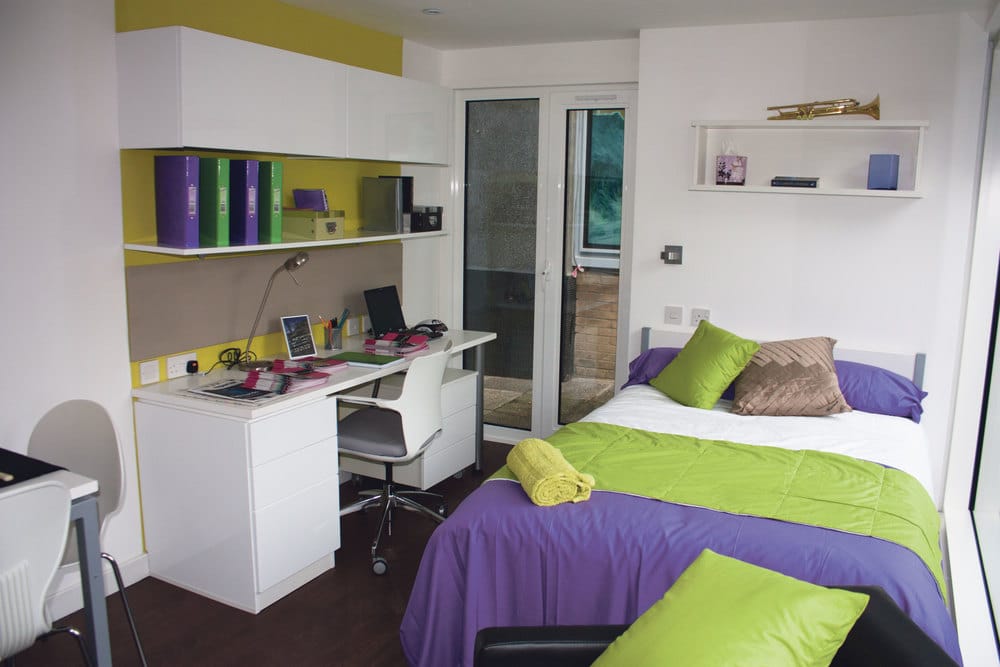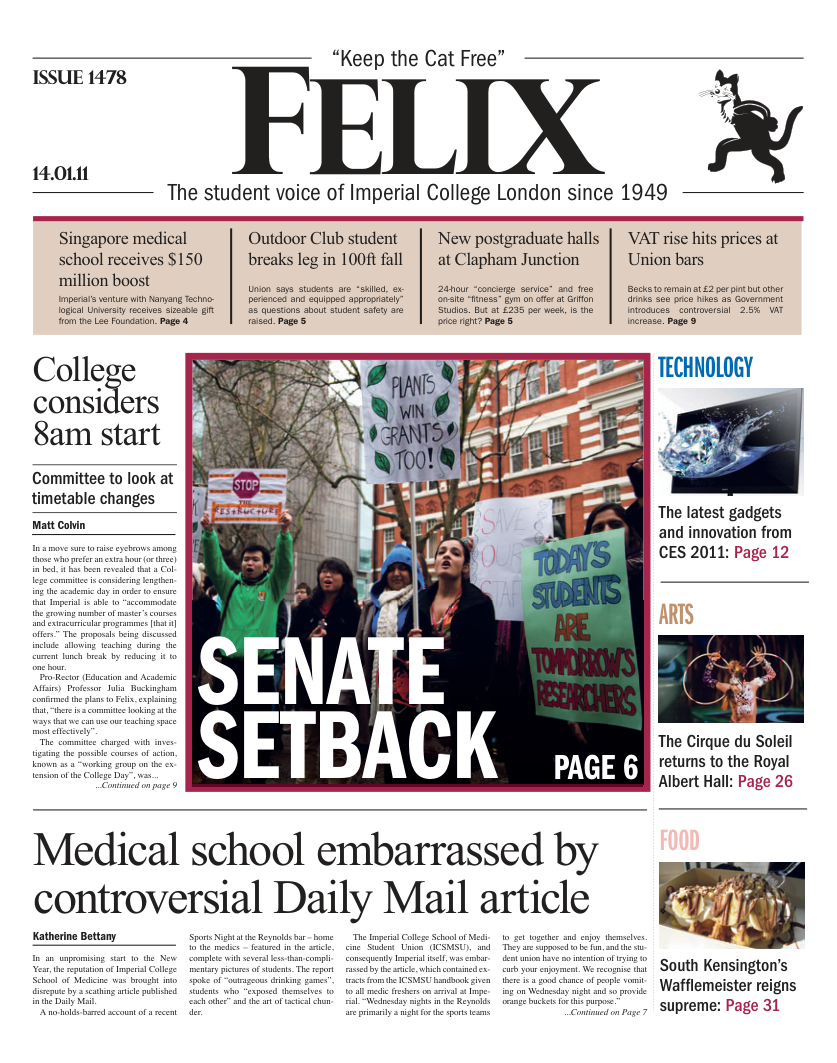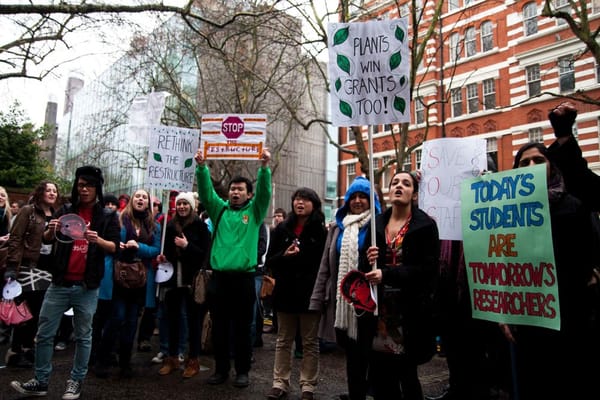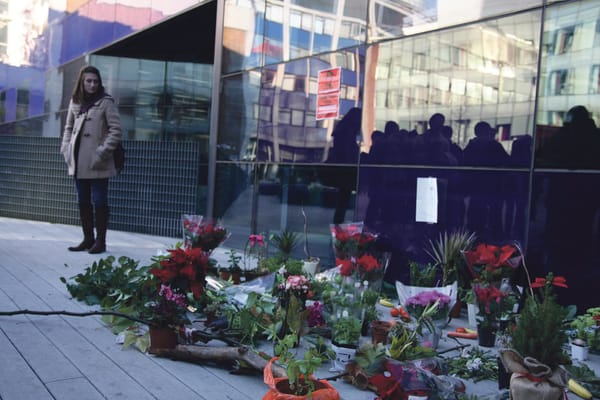New postgraduate halls at Clapham Junction
£235 per week for a room at Griffon Studios

New halls in Clapham Junction are set to open to postgraduates in the next academic year. Griffon Studios, which charges £235 per week for high-quality studio apartments, is the product of a joint venture between the Imperial College Fund and the property developer Berkeley First. The halls on Winstanley Road, which include a 24-hour “concierge service” and a free on-site “fitness gym”, will house 452 postgraduates from October 2011, expanding to 566 the following year.
John Anderson, the Chief Executive Officer of the College Fund, said that the project was part of the College’s long-term strategy to grow its endowment fund. “We’ve got around 5,500 postgraduates, most of whom are currently renting in the private market, either with private landlords or private halls. It makes financial sense, where the fundamentals of the market support it, for us to offer an alternative to these students.”
The College Fund has committed to invest up to £7 million into Winstanley 2, the Special Purpose Vehicle – or subsidiary company – created to develop the site. Mr Anderson told Felix that the College fund expects “a 15% return per annum on the equity invested by the Fund.”
The Graduate Schools Association (GSA), which represents postgraduate students at Imperial, said that the price of the studios was “a bit steep”. GSA Chair Deena Blumenkratz told Felix that there needed to be an extra effort to build the community at Griffon Studios to justify the cost but that the promise of “a wide range of social, sporting and cultural events throughout the year” gave her “high hopes” for the new halls. She added that the GSA would be carrying out a survey “to find out if postgraduate students think the accommodation is affordable.”
Mr Anderson defended the high-cost of the studios saying, “We’re offering a high-quality product at the upper end of the price scale – although we believe that we’re offering a lower-than-market price for that product.” He said that the new halls were upmarket because of the College Fund’s partnership with Berkeley and because he believed that it was the right quality of accommodation for Imperial postgraduates: “We have gone down this route, firstly, because […] the landowners Berkeley […] are involved in high-quality accommodation and, secondly, because we’ve identified that this is an appropriate level of quality for Imperial postgraduate students.” However, he denied that the halls were beyond the needs of Imperial students: “It’s not luxurious, certainly not, but we are interested in giving postgraduate students the best experience possible while they’re at Imperial.”
He went on to say that providing more affordable postgraduate accommodation wasn’t currently possible, arguing that the correct conditions “simply aren’t satisfied in West London at the moment”. He denied that there was a demand for lower-quality, low-cost postgraduate accommodation: “If I could find a low-cost site, with a low-cost developer within easy commuting distance of South Kensington and I felt there was a strong demand for lower-quality, low-cost postgraduate accommodation then of course I would love to do that”
The Director of Commercial Services, Jane Neary, said that the pricing of the rooms was a matter for the College Fund and emphasised that the project was a business venture: “This is a business opportunity for the College Fund. I’m assisting the fund and future students to provide a suitable design, suitable services and to meet [students’] needs when they arrive.” She added that the prices had been benchmarked against those in the private sector.
She conceded that PhD students from the UK would be unlikely to take up accommodation at the new halls for a number of reasons, including the cost and the greater independence of home PhD students. She said, “[The end user] will be international students. The people who were really interested at the postgraduate open day were the international postgraduates. [For home postgraduates] there’s probably a sense of the cost. They are probably a little happier in knowing what areas to live in [and need] less support.”
Mr Anderson argued that the halls offered international postgraduate students peace of mind when it came to housing: “The £235 price tag is not simply for the bricks and mortar. It’s also for the amenities, the community spirit and for peace of mind. We know that international postgraduate students can sometimes get burnt in the private rental market.”
The College Fund has entered into a 15-year rental guarantee agreement with Berkeley First, which is worth approximately £6.25 million per year in 2011. This means that it has committed to fill 97% of the studios at £232 per week. Mr Anderson said that the College would seek to fill the rooms with postgraduates from other London universities if they were unable to attract enough Imperial postgraduates. He added, however, that it would likely be at a “higher price than for Imperial students.”








